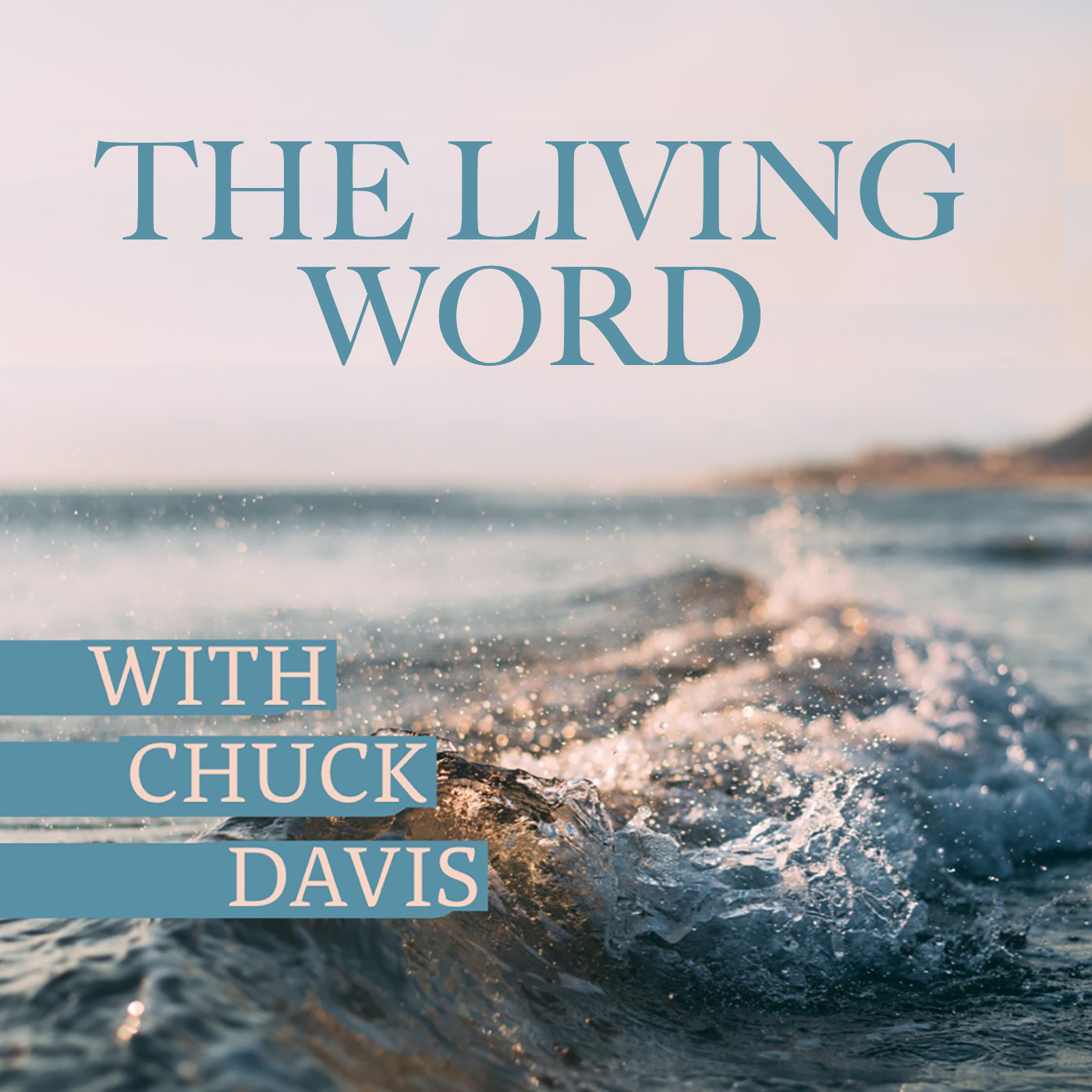II Samuel 21:1-14 – The Gibeonites
The Living Word With Chuck Davis
II Samuel 21:1-14 – The Gibeonites
"Welcome to the Living Word with Chuck Davis." 2 Samuel 21, 1 to 14, the Gibeonites. In other words, a famine in the day of David for three years, year after year, and David sought the face of the Lord. The Lord said there is blood guilt on Saul and on his house because he put the Gibeonites to death. So the king called the Gibeonites and spoke to them. Now the Gibeonites were not of the people of Israel but of the remnant of the Amorites. Although the people of Israel had sworn to spare them, Saul had sought to strike them down in his zeal for the people of Israel and Judah. David said to the Gibeonites, "What shall I do for you, and how shall I make atonement that you may bless the heritage of the Lord?" The Gibeonites said to him, "It is not a matter of silver or gold between us and Saul or his house. Neither is it for us to put any man to death in Israel." And he said, "What do you say that I shall do for you?" They said to the king, "The man who consumed us and planned to destroy us so that we should have no place in all the territory of Israel, let seven of his sons be given to us, so that we may hang them before the Lord at Gibeon of Saul, the chosen of the Lord." And the king said, "I will give them." But the king spared Mephibosheth, the son of Saul's son Jonathan, because of the oath of the Lord that was between them, between David and Jonathan and the son of Saul. The king took two sons of Rispa, the daughter of Ayah, whom she bore to Saul, Armane and Mephibosheth, the five sons of Merab, the daughter of Saul, whom she bore to Adriel, the son of Barzilai, and Moholathite, and he gave them into the hands of the Gibeonites and they hanged them on the mountain before the Lord, and the seven of them perished together. They were put to death in the first days of harvest, at the beginning of barley harvest. Then Rispa, the daughter of Ayah, took the sackcloth and spread it for herself on the rock, from the beginning of the harvest until rain fell upon them from the heavens. And she did not allow the birds of the air to come upon them by day, or the beasts of the field by night. Then David was told that Rispa, the daughter of Ayah, the concubine of Saul, had done. David went and took the bones of Saul and the bones of his son Jonathan, from the men of Gabbasch Gilead, who had stolen them from the public square of Bethshan, where the Philocytes had hanged them on the day the Philistangs killed Saul on Gilbaw. And he brought up from there the bones of Saul and the bones of his son Jonathan, and he gathered the bones of those who were hanged. And they buried the bones of Saul and the son Jonathan in the land of Benjamin and Zayla, in the tomb of Kish, his father, and he did it all that the king commanded, and after that God responded to the plea for the land. We're going to get more of the David's story in First and Second Kings, just a couple chapters in each place. We're now starting to get summary statements on his life. We're going to see some of the things that make David unique. He's feeble, and he's broken, and he's imperfect like us. But there's things that David does that keeps him in connection with the name of the Lord and God's desire for this world, Mishapah, justice. David honors an age-old covenant, but somehow ruthless murder is brought into the picture as well, as he has to offer up seven sons. Once again, a woman comes to the forefront. Rispa, woman of honor and courage, who won't allow these sons to be desecrated, takes an act of bravery to guard the body so that they would be taken care of appropriately. David's still respectful of Saul gathers the bones of Saul and Jonathan and these seven men, and brings them to a proper burial. Once again, it's another woman who brings David to his theological and ethical senses. Somehow this incident is connected to the famine. At the beginning of our passage, David sought the face of the Lord because there had been a famine. The passage ends with these words, and after that God responded to the plea for the land. How David is performing a task of atoning is the word it's used in the scriptures for some blood guilt that was upon the people that is bringing their trouble. The soul of this passage, we can see that even in moments of grief and pain, we can still go the way of honor. The now what is to brace that for our own lives, to do what's right for those around us. Live in an individualistic society when first reflexes, "What's best for me?" Maybe the better response would be, "What's best for us?" So, Lord, we give ourselves to you again this day. We have the courage and the honor of this woman, Rispa. They are actions and courage others such as David, even leaders in our life, to do the right thing. We'll pray this in Jesus' name, amen. [BLANK_AUDIO]
